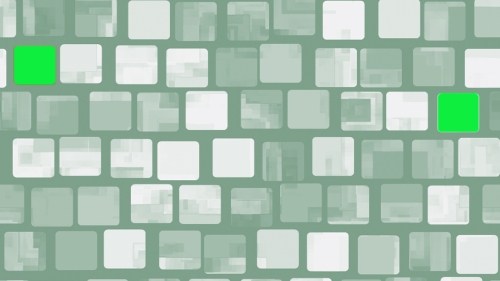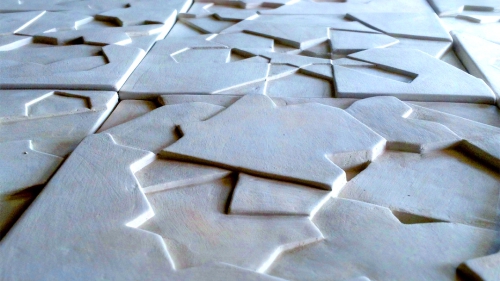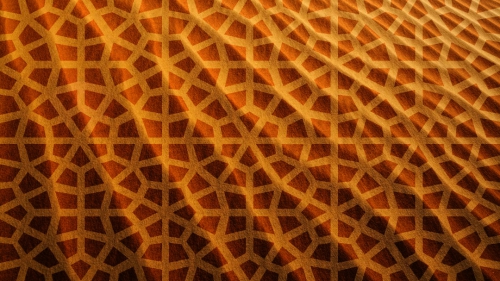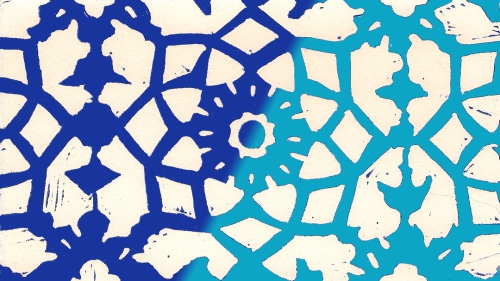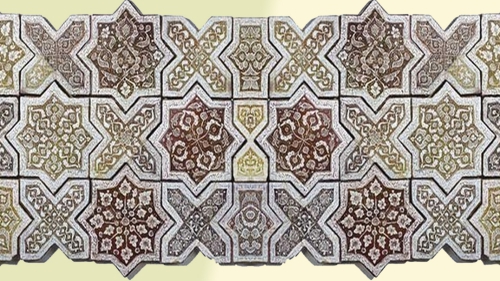Al-Jazeera Can Bolster the Arab Cause
|
|
Its coverage of the 1991 Gulf War elevated CNN to the status of a "major league" network television station that had to be taken serious. Today, CNN is one of the most watched international news networks.
So too can this current war with Afghanistan elevate Al-Jazeera to a higher plain than it already occupies in the eyes of the world as an "independent" and "credible" media reporting source.
| ________
Today, Al-Jazeera is the most reliable and credible media outlet in the Middle East, a region that is not known for its dedication to freedom of the press or unrestricted journalism. __________ |
But several things must happen first.
Al-Jazeera was founded in 1996. It was originally intended to be a new venture partnership between BBC and the Saudi-owned Orbit Communications to provide Arabic language newscasts for Orbit's communication channel.
As the concept of instilling Al-Jazeera with the kind of journalistic independence that is necessary to wrap itself in credibility grew, the Saudis backed out. The idea of an independent Arab owned news operation in the Middle East nearly died, another Arab Sheik stepped in.
Hamad bin Khalifa al-Thani, the Emir of Qatar, quickly hired most of BBC's editors, reporters and technicians, and contributed $140 million to insure its survival for the first five years.
Today, Al-Jazeera is the most reliable and credible media outlet in the Middle East, a region that is not known for its dedication to freedom of the press or unrestricted journalism.
Al-Jazeera has steadily earned respect among the public, and that confidence has helped to build its audience. It did so by taking on many Middle East sacred cows and by not pulling its punches while covering Arab World news.
What you do not hear in the rest of the Middle East TV media, you often can only hear on Al-Jazeera TV. Al-Jazeera's interview with a Libyan opposition leader led to Libya withdrawing its ambassador from Qatar. When it reported on the parliamentary maneuvers in Iran, the government there denounced the station of "attributing false news to the esteemed leader of the revolution." In fact, since its founding more than four years ago, Al-Jazeera has received some 450 official complaints from other Arab states and governments about its news coverage.
In the Western media, complaints from governments about coverage is a "badge of honor."
Clearly, most Arab governments continue to maintain some controls over local news coverage, censoring out unfavorable news and punishing reporters who seek to emulate the journalistic freedoms practiced by CNN and other Western media reporters.
Yet, while this Middle East audience has increased dramatically and has given it tremendous credibility, it was only in recent weeks that Americans and many in the West have come to see the Al-Jazeera network as a credible source of Middle East information.
During the most recent crisis, Al-Jazeera broadcast interviews with Osama Bin Laden, and the taped interview in which he called on Muslims around the world to "Jihad" against America. CNN and other news stations that normally might have broken the news themselves, were forced to use the Al-Jazeera materials. Al-Jazeera had a major "scoop," the term used by Americans to praise journalists who break important news stories.
In fact, many American TV news stations simply showed Al-Jazeera broadcasts live during their own broadcasts, providing translations.
But if Al-Jazeera really wishes to expand its dominance beyond the Middle East, it must expand from its Arabic language only broadcasts to include reports in English. It is absolutely the only way Americans will be able to hear the truth about events in the Middle East and allow Al-Jazeera to export its influence beyond the region.
If Al-Jazeera's precedent-setting broadcasts continue to transmit in Arabic, its reports will always be subject to the editing choices of Western editors and incomplete translations by Western media outlets.
American journalism lives by a saying that dates back to the American Revolution: "The pen is mightier than the sword," meaning that a media that reports without restrictions can have a greater impact than a military attack.
If the Arab World wishes to change American foreign policy, especially in occupied Palestine, it can best be done by providing Americans with a credible alternative to the often one-sided American media reports.
Though a small Middle East nation with only about 700,000 inhabitants, Qatar stands to become one of the most influential in the world if Al-Jazeera is advanced through a dedication to the fundamentals of journalism, and clever exposure to the rest of the world.
As more and more wars and diplomatic efforts are waged on the television, Al-Jazeera is in a unique position to strengthen the Arab cause in a journalistic and effective manner.
__________________________________________
Ray Hanania is a veteran Palestinian American journalist and author living in Chicago. His columns are archived on www.hanania.com.







